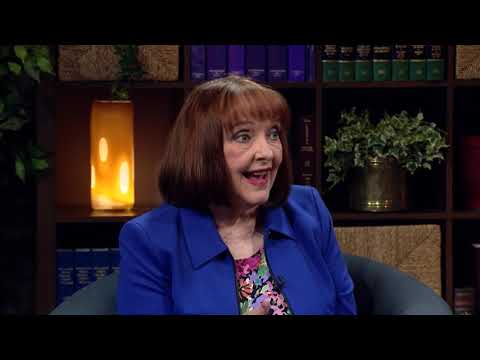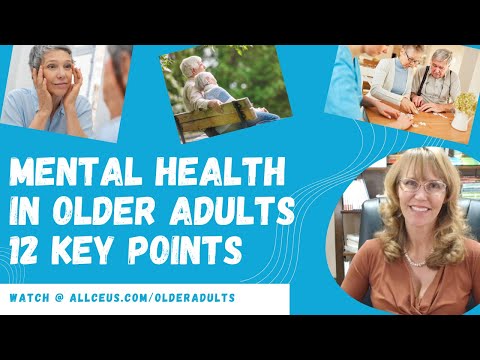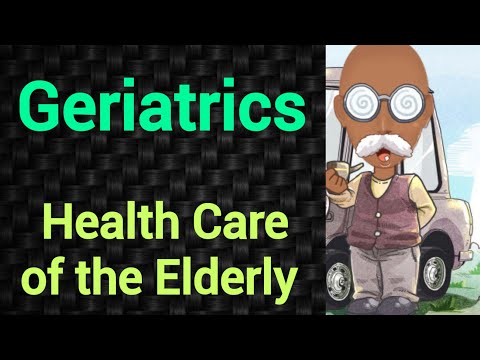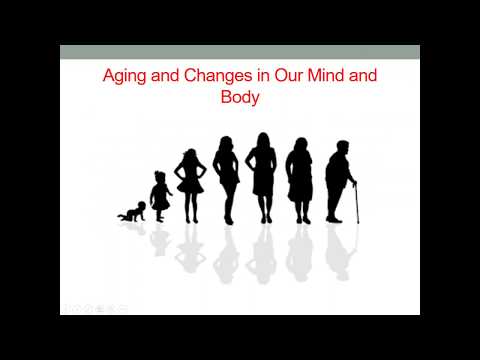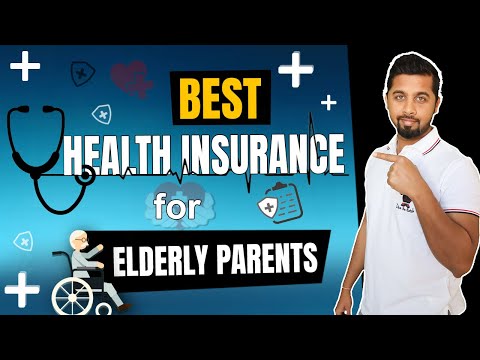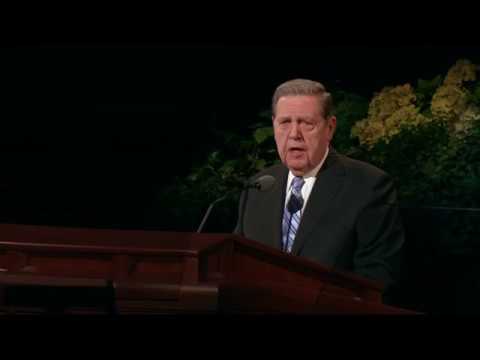Serving the Health Information Needs of Elders
Contents [show]
The mission of the National Library of Medicine’s Senior Health website is to serve the health information needs of elders.
Checkout this video:
The health information needs of elders
As people age, they are more likely to have chronic health conditions and to take multiple medications. They are also more likely to see multiple health care providers and to be hospitalized. These changes can make it more difficult for elders to keep track of their own health information and make decisions about their Health Care
Elders may need help understanding their diagnoses, medications, and treatment options. They may also need help communicating with their health care providers making decisions about their care, and locating community resources.
The National Library of Medicine’s Senior Health website provides information on the health information needs of elders. This website offers reliable, easy-to-understand information on a variety of topics, including staying healthy, managing chronic conditions, making informed decisions about medications and other treatments, and finding long-term care options.
The best way to serve those needs
Providing elders with information that meets their needs can help them maintain their independence and improve their quality of life. When providing information to elders, it is important to keep the following in mind:
-Elders may have difficulty hearing, seeing, or processing information.
-Elders may have different health concerns than other adults.
-Elders may be more likely to have chronic conditions.
-Elders may be more likely to take medications.
When providing information to elders, be sure to:
-Speak clearly and slowly.
-Use simple language.
-Repeat or rephrase information as needed.
-Make sure the elder understands the information before ending the conversation.
The most important health information for elders
There are many health concerns that are specific to elders, and it is important for them to have access to reliable health information. The most important health information for elders includes the following:
-Preventing falls and injuries
-Managing chronic conditions such as arthritis, diabetes, and heart disease
-Improving communication with healthcare providers
-Making decisions about end-of-life care
Elders can find reliable health information from a variety of sources, including their healthcare provider, trusted websites, and patient advocacy organizations.
How to make sure elders get the information they need
As people age, they often have specific health information needs that must be met in order for them to maintain their health and wellbeing. elders may have difficulty communicating their needs, or may not be able to access the information they need. It is important to make sure that elders have the support they need to get the health information they need.
There are a number of ways to make sure elders get the information they need. One way is to make sure that there is clear communication between the elder and their healthcare provider. Another way is to make sure that elders have access to reliable sources of health information, such as reputable websites or books. Finally, it is important to make sure that elders have someone they can trust to help them understand and use the information they find.
The role of technology in serving the health information needs of elders
In recent years, there has been an increased focus on the role of technology in serving the health information needs of elders. This focus has been driven by a number of factors, including the rapid growth of the older population, the increasing use of technology by this population group, and the challenges associated with providing health information to elders.
The use of technology can play a significant role in addressing the health information needs of elders. Technology can be used to provide elders with access to health information, to facilitate communication between elders and their caregivers, and to support the delivery of care.
There are a number of challenges associated with using technology to serve the health information needs of elders. These challenges include ensuring that technology is accessible and usable by this population group, designing technologies that meet the specific needs of elders, and ensuring that technologies are used in a way that protects the privacy and confidentiality of elder patients.
The benefits of having accurate and up-to-date health information for elders
As we age, our health needs change. We may be more likely to develop chronic conditions, and our risk for injury increases. Having accurate and up-to-date health information can help us better manage our health as we age.
There are many sources of health information available, but it can be difficult to know which ones to trust. It’s important to look for information from reliable sources, such as government websites or peer-reviewed journals.
Health information that is accurate and up-to-date can help us make informed decisions about our health care For example, we may use it to:
– Understand our risks for certain conditions
– Learn about new treatments or procedures
– Make decisions about screenings or vaccinations
– Find support groups or other resources
Elders may face unique challenges when seeking health information due to barriers such as Limited computer skills and access, vision problems, and difficulty understanding medical jargon. However, there are many resources available to help elders find the information they need. For example, the National Library of Medicine provides a service called “Ask a Librarian” that allows users to submit questions online or by phone (1-888-346-3656).
The challenges of serving the health information needs of elders
As our population ages, an increasing number of people are finding themselves in need of health information specifically designed for older adults. However, this can be a challenge for aging adults and their caregivers, as the health information landscape is often geared towards younger populations.
There are a number of reasons for this. First, many health organizations assume that elders are not interested in or able to use technology, so they do not make an effort to reach out to this demographic. Second, even when information is available, it is often presented in a way that is difficult for elders to understand or use. Finally, many health care providers are not trained on how to effectively communicate with older patients.
This can be a serious problem, as elders often have unique health needs that must be properly addressed. For example, elders are more likely to suffer from chronic conditions such as diabetes or heart disease, and they are also more likely at risk for drug interactions and other complications. This means that they require more specialized and tailored information in order to make informed decisions about their health care.
Despite the challenges, there are a number of ways to effectively meet the health information needs of elders. First, it is important to make sure that information is designed with older adults in mind. This means using clear and simple language, large fonts, and easy-to-navigate layouts. Additionally, it is important to provide multiple channels for accessing information, such as print materials, online resources, and in-person support groups. Finally, it is crucial to train providers on how to best communicate with older patients so that they can provide them with the high-quality care they deserve.
How to overcome those challenges
As we live longer and healthier lives, the proportion of older adults in the population is increasing. And as people age, they often have more chronic health conditions and take more medications—putting them at greater risk for health information needs and problems.
At the same time, many elders face challenges that can make it harder for them to get the health information they need. They may have trouble reading or understanding written materials. They may have hearing or vision problems that make it difficult to use the phone or read printed matter. They may not have ready access to a computer or the Internet. And they may find it hard to get out to visit a library or community resource center.
Fortunately, there are ways to overcome these challenges and get the health information elders need. Libraries and community resource centers, for example, often have staff members who can help elders find and use information resources.
The importance of tailoring health information to the needs of individual elders
It is important to tailor health information to the needs of individual elders. Elders often have different health concerns than younger adults, and they may also have different preferences for how they receive health information.
Some elders may prefer to receive health information in person, through pamphlets or other printed materials, or by watching television or listening to the radio. Others may prefer to use the internet or social media to access health information.
It is also important to consider the literacy levels of elders when providing health information. Some elders may not be able to read or write, and so alternative methods of providing information, such as videos or audio recordings, may be more appropriate.
Health information that is designed specifically for elders can be very helpful in ensuring that they receive the information they need in a format that is easy for them to understand and use.
The future of serving the health information needs of elders
As our population ages, it is important to find ways to serve the health information needs of elders. Traditional methods of gathering and disseminating information may not be well suited for this group, who often have different needs and preferences when it comes to seeking out and using health information.
E-health and m-health technologies offer great potential for serving the health information needs of elders. These tools can help elders stay connected to their care providers, access information and resources, and make informed decisions about their health.
E-health and m-health technologies are still evolving, and it is important to continue to monitor their effectiveness in serving the health information needs of elders. This will help ensure that these tools are used in ways that are most beneficial for this population.

